9 toys to support your child's mental health and wellbeing (and #4 is groundbreaking)
As it's revealed that 75 percent of parents are worried about their child's mental health, try these nine toys to calm your child's worries and help them talk about their feelings
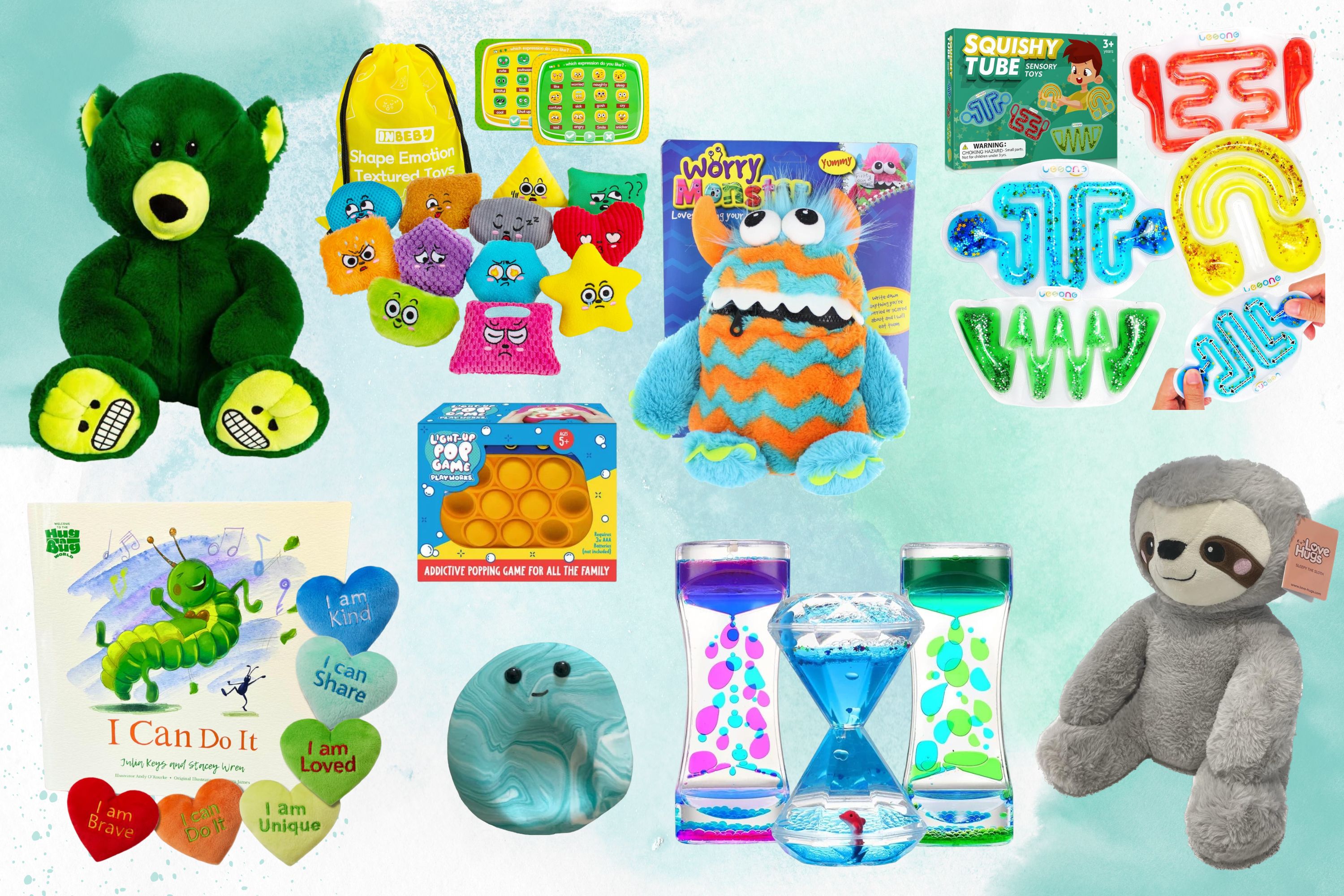
Parenting advice, hot topics, best buys and family finance tips delivered straight to your inbox.
You are now subscribed
Your newsletter sign-up was successful
In recent years, there has been more of a focus on children's mental heath than ever before. But that doesn't mean you, as a parent, automatically know what to do if your child starts showing signs of anxiety – in fact, it can be all too easy to miss the subtle ways your child might be expressing it.
While there are resources available to help parents (NSPCC has just launched a new online support portal after it found that 75 percent of parents are worried about their child's mental health), it can be tough to know how to navigate these issues with your child.
In honour of Children's Mental Health Week, which runs from 5-11 February 2024, we've found nine toys and games that can help your child to learn about – and manage – their mental health and emotional wellbeing as they grow.
9 toys to support your child's mental health and wellbeing
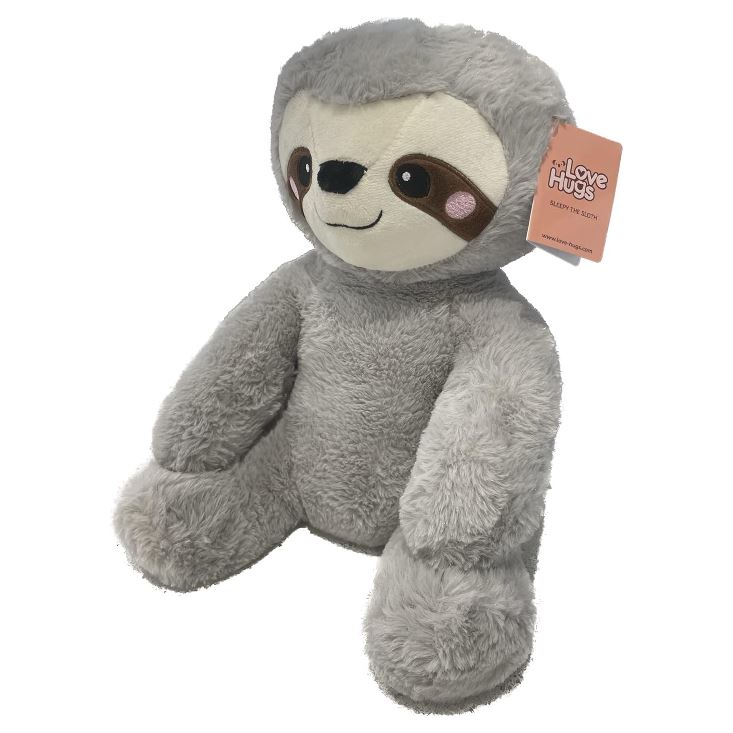
The gentle pressure that comes from a weighted toy can help to alleviate feelings of stress, worry or restlessness in your child. With a cute sloth design, this weighted toy can not only help an anxious or worried child, but also boost their creativity and social skills. It's portable too, so makes a great alternative to a weighted blanket.
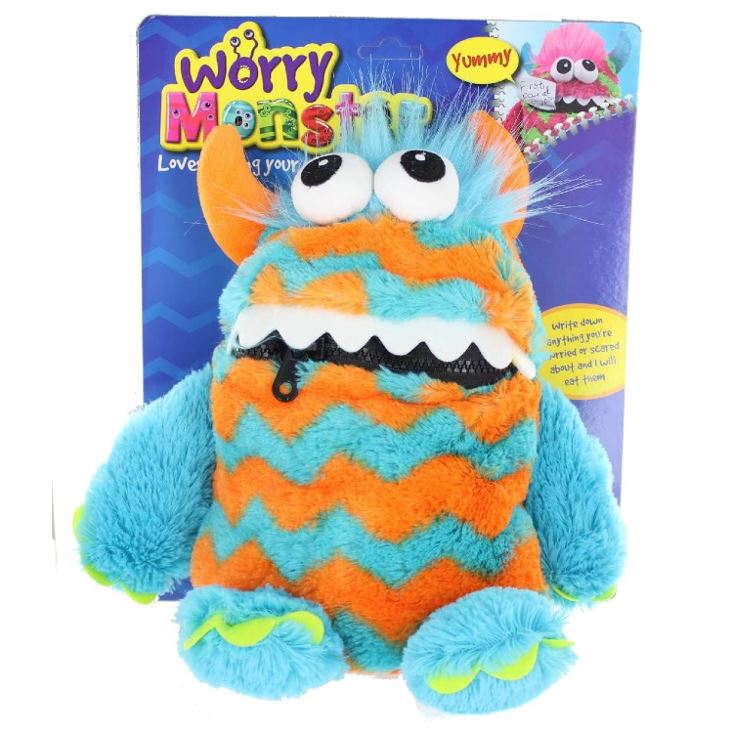
Suitable for children aged three and over, this plush toy not only gives a worried child something to cuddle when they need to, but it also 'eats' worries and fears. Sit with your child and try to pinpoint what is it that's worrying them and write it down. Your little one can then feed their worries to the Worry Monster and he'll eat them away.
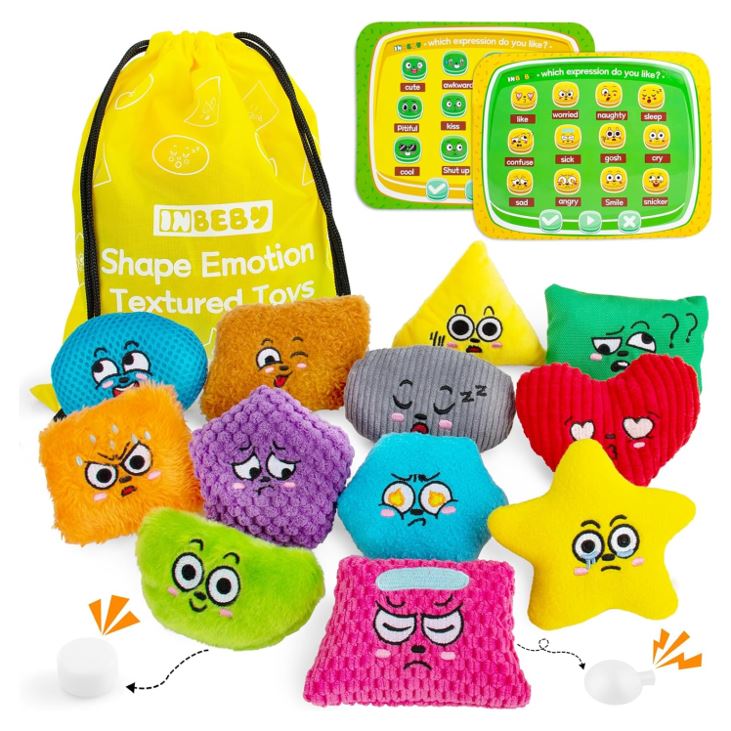
These sensory bean bags not only offer soothing and tactile play which can help promote relaxation, but also come with emotion cards to help little ones learn to recognise and understand emotions. Similarly to Mood Bears, these could be used to help a young person express what they are feeling when they don't have the words.
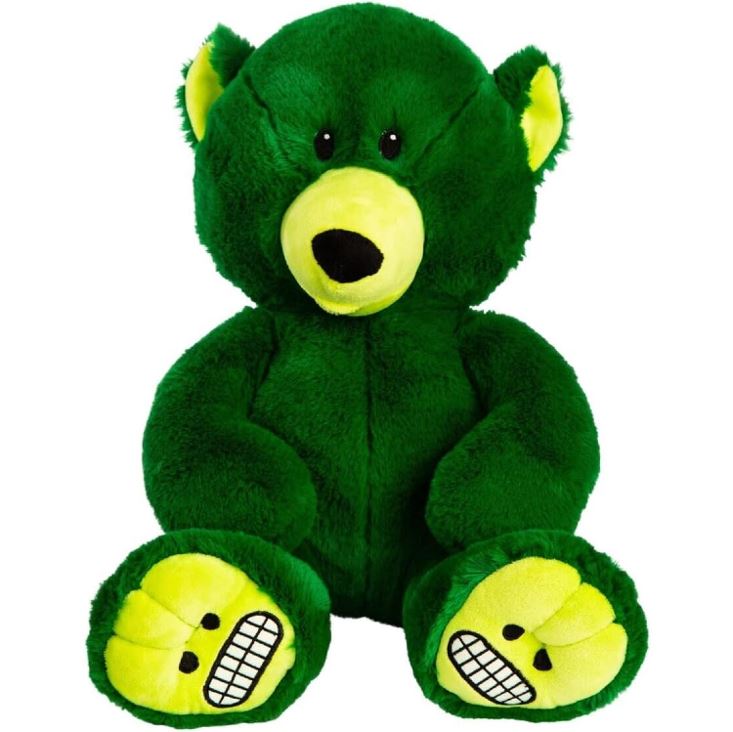
Mood Bears are plush toys, specifically designed to help support mental health and wellbeing. Designed to represent eight common emotions, including happiness, sadness and nervousness, they can not only help your child learn about emotions but can also be used as a tool to help them express themselves.
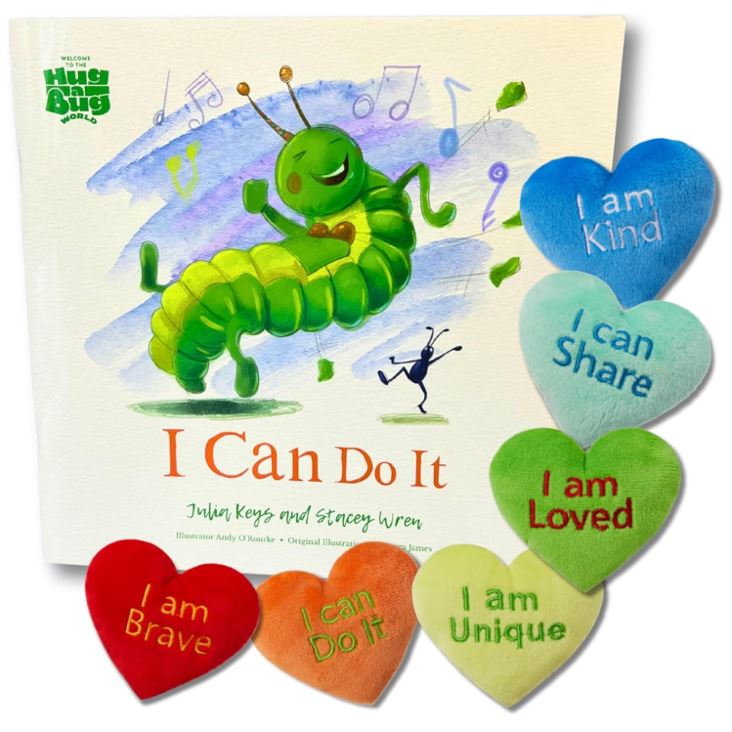
Turn story time into a chance to alleviate worries, with this adorable I Can Do It book. With a story set around a worried Cress Caterpillar as he struggles to find a way to complete a task set for him by his friends, this set also comes with six soft, and pocket sized hearts, each featuring a positive affirmation to help overcome negative thoughts.
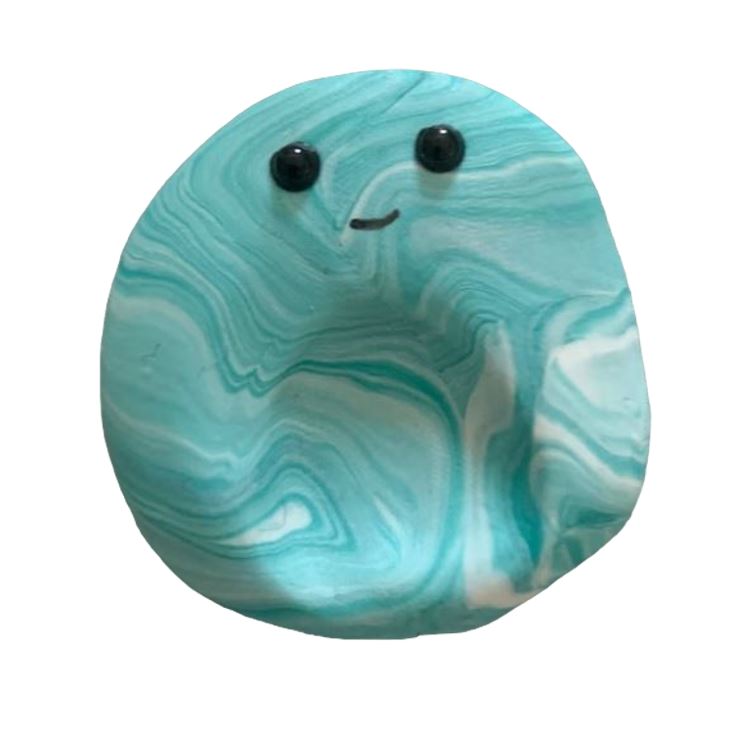
For older children who find their worries get worse when they are at school, something like a Worrybug stone can be helpful to keep their anxiety at bay. Small enough to fit into a school bag or blazer pocket, Worrybugs have a smooth centre, which can be rubbed to help focus the senses and reduce stress levels.
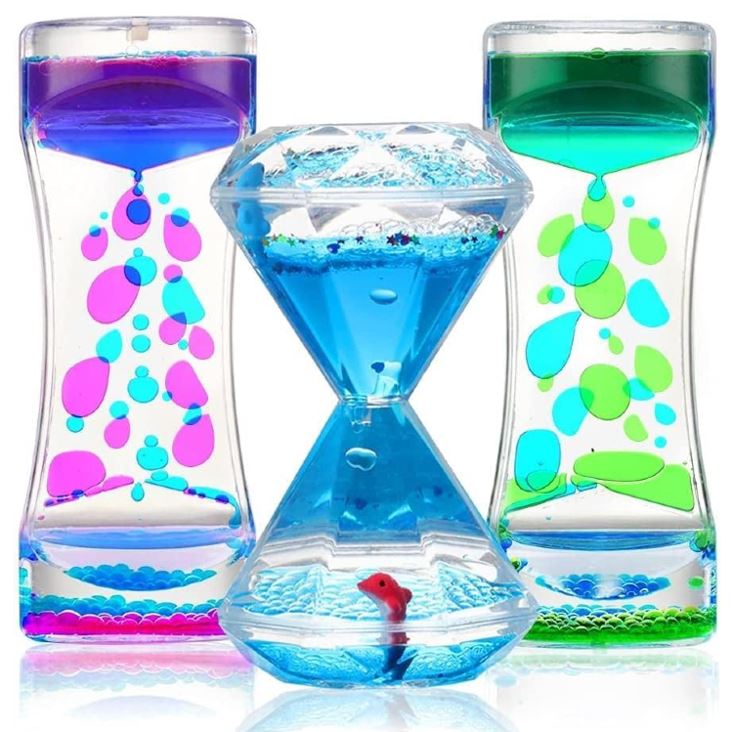
With its slow and rhythmic movements, these lava effect sensory toys can help promote feelings of calm in your child. Each pack contains three toys, and they work like an hourglass – once all the lava droplets have reached the bottom, simply flip it over to start the motion again.
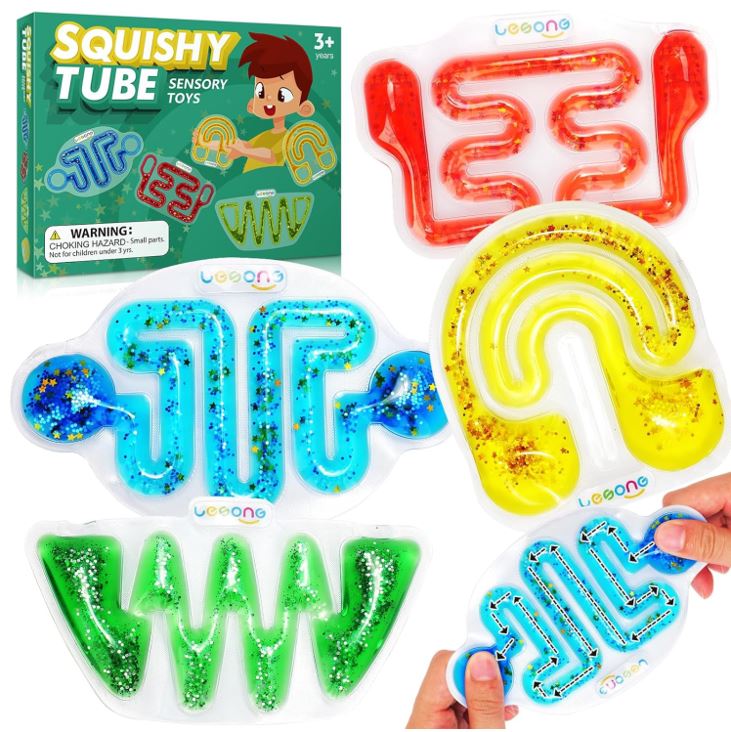
Another toy to offer a tactile experience to help focus your child's attention on their five senses, these squishy tubes are filled with goo, glitter and beads. For calming, sensory play, encourage your little one to trace the shape, squishing and pressing as they go.
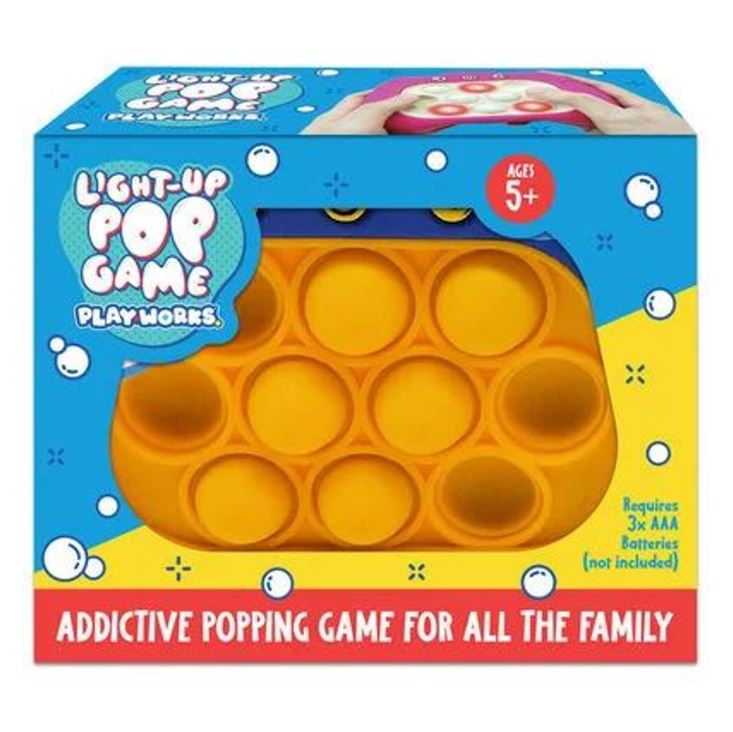
Fear and anxiety has a way of building up and up, and it's all too easy for children to get into a bit of a spiral of worrisome thoughts. But focusing on a specific activity that keeps their hands and minds busy can help to prevent those spirals from spiralling quite so hard.
What to look for in a toy to help an anxious child
As with adult anxiety sufferers, drawing focus to the five senses through mindfulness, known as 'grounding', can help to alleviate fear and worry in tiny humans too. Toys that offer a soothing, tactile experience can be particularly useful to anxious children – look for options with smooth, squishy or soft textures to promote calmness and relaxation. Similarly, toys which embody slow, rhythmic movements can also help to calm a racing mind.
But toys can also help to encourage your child to learn how to articulate their emotions so they can voice them and get them out in the open. Take the Mood Bears, for example. These not only employ the findings of colour psychology in their design, but also feature specific expressions on their paws to help children recognise their different emotions and can be used to help a parent understand how their child is feeling if the words aren't there yet.
It's also worth looking at how you can use story time to encourage helpful conversation. You could try The Worry Tiger, a magical tale that incorporates mindfulness actions into the story, the No Worries mindfulness activity book for kids, or the Big Bright Feelings Book Ruby's Worry that can help encourage your child to talk about their worries.
In other toy news, you might also like these gross-sounding games that kids will love, the best Peppa Pig toys in light of Peppa's 20th anniversary, or the best kid-friendly chess sets.
Parenting advice, hot topics, best buys and family finance tips delivered straight to your inbox.
Sarah is GoodtoKnow’s Money Editor. After Sarah graduated from University of Wales, Aberystwyth, with a degree in English and Creative Writing, she entered the world of publishing in 2007, working as a writer and digital editor on a range of titles including Real Homes, Homebuilding & Renovating, The Money Edit and more. When not writing or editing, Sarah can be found hanging out with her rockstar dog, getting opinionated about a movie or learning British Sign Language.